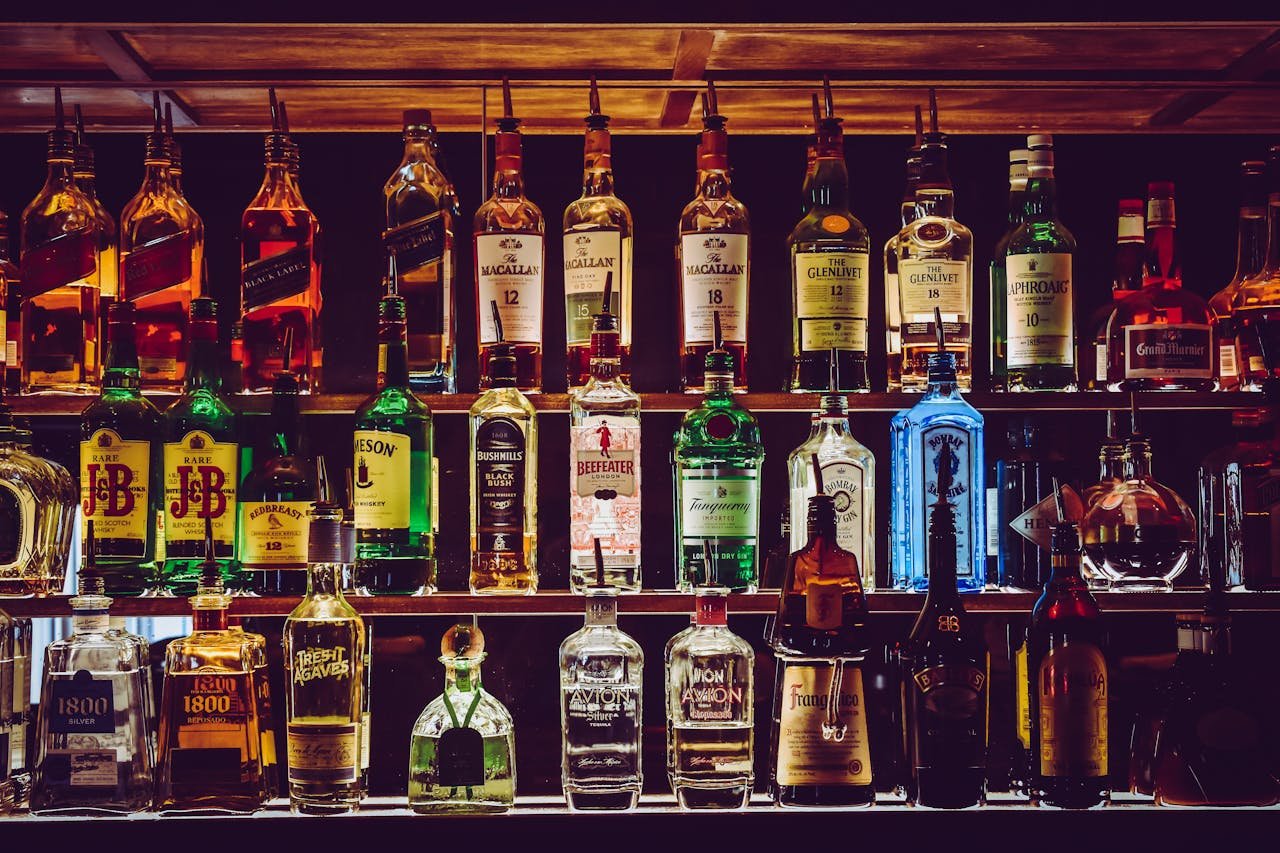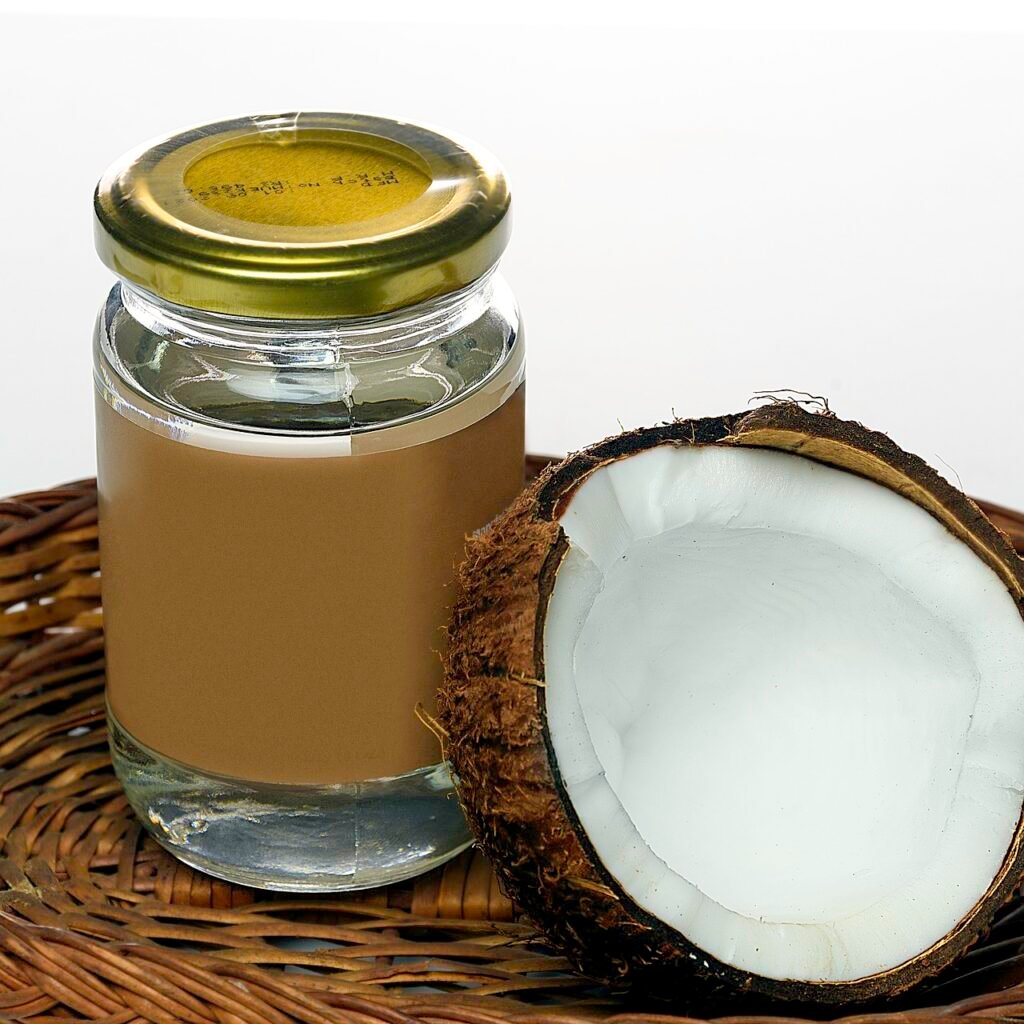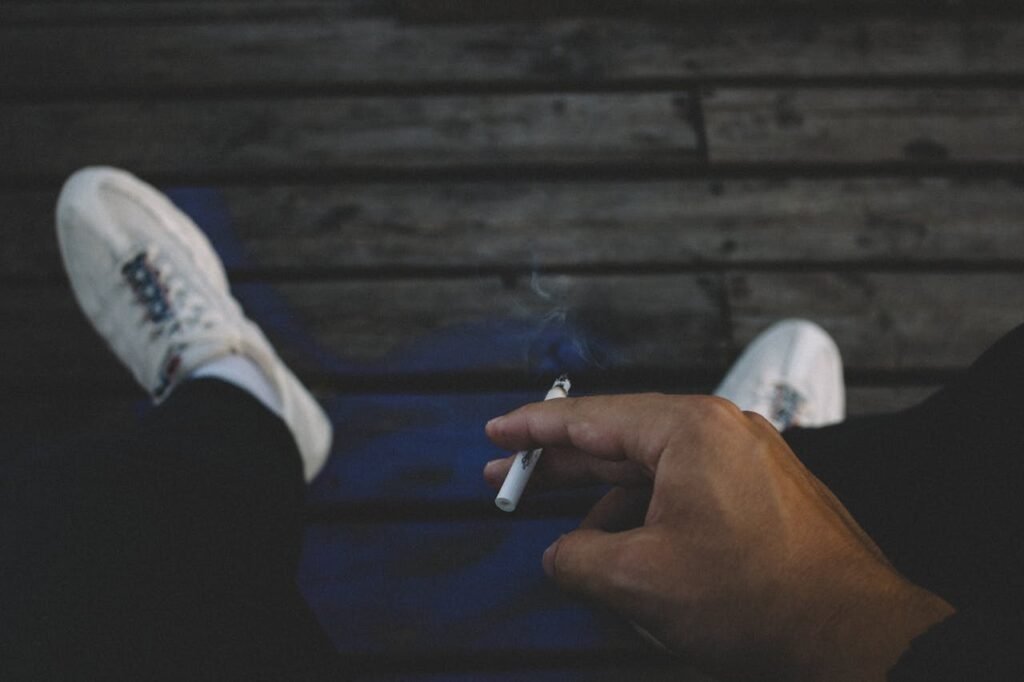When it comes to achieving optimal health and fitness, understanding the relationship between alcohol and testosterone is essential. Testosterone is a crucial hormone that affects everything from muscle growth and energy levels to mood and libido. But how does alcohol impact testosterone production? In this blog post, we’ll explore the effects of alcohol on testosterone, the science behind it, and what it means for your overall fitness goals. Whether you’re a casual drinker or enjoy the occasional night out, knowing how alcohol affects your testosterone levels can empower you to make better choices for your health.
How Alcohol Affects Testosterone Levels
Alcohol can have a significant impact on testosterone levels, and not in a positive way. Consuming alcohol, especially in large amounts, can lead to a reduction in testosterone production. This occurs because alcohol disrupts the endocrine system, which is responsible for hormone regulation, including testosterone.
When you drink alcohol, your liver becomes overworked as it prioritizes processing the alcohol over other functions. This shift in focus can slow down the liver’s ability to metabolize hormones like testosterone, leading to lower levels in the bloodstream. Additionally, alcohol consumption can increase the production of cortisol, a stress hormone that further inhibits testosterone production. This combination can have a direct impact on your muscle gains, energy levels, and overall health.
Short-Term Effects of Alcohol on Testosterone
The effects of alcohol on testosterone can be observed almost immediately. Within hours of drinking, testosterone levels can drop significantly. This drop is often temporary, but regular heavy drinking can cause a more sustained decrease in testosterone levels. Even moderate drinking has been shown to reduce testosterone, particularly in the hours following alcohol consumption. This means that having just a few drinks after a workout could negate some of the hard work you put in at the gym by lowering your testosterone levels when your body needs it most for muscle recovery and growth.
Long-Term Impact of Alcohol on Testosterone and Health
While occasional drinking may not have long-lasting effects on testosterone, chronic alcohol consumption can lead to more permanent damage. Long-term alcohol use can cause testicular atrophy, a condition where the testes shrink and lose their ability to produce testosterone. Additionally, excessive alcohol intake can lead to liver damage, which further impairs the body’s ability to regulate hormones. Over time, this can result in consistently low testosterone levels, contributing to fatigue, reduced muscle mass, decreased libido, and even depression.
Moreover, alcohol’s impact on testosterone extends beyond just physical health. Lower testosterone levels can affect mental well-being, leading to mood swings, irritability, and a decrease in overall quality of life. For those serious about maintaining a healthy body and mind, understanding this connection is crucial.
The Role of Moderation
The good news is that moderate alcohol consumption may not have a severe impact on testosterone levels for most men. However, the key is moderation. Sticking to the recommended guidelines—no more than two drinks per day for men—can help minimize the negative effects of alcohol on testosterone. Additionally, timing your alcohol consumption strategically, such as avoiding drinks immediately after a workout, can help you preserve your hard-earned gains.
Tips for Protecting Testosterone Levels
If you’re concerned about how alcohol might be affecting your testosterone levels, there are steps you can take to mitigate its impact:
- Limit Alcohol Intake: Reducing the frequency and amount of alcohol you consume is the most effective way to protect your testosterone levels.
- Stay Hydrated: Alcohol is a diuretic, meaning it can dehydrate your body. Drinking plenty of water can help your liver metabolize alcohol more efficiently, reducing its impact on testosterone.
- Prioritize Nutrition: A diet rich in healthy fats, lean proteins, and vegetables can support testosterone production. Nutrients like zinc and vitamin D are particularly important for maintaining healthy hormone levels.
- Exercise Regularly: Regular physical activity, especially resistance training, can help boost testosterone levels. However, be mindful of alcohol consumption after workouts to avoid negating these benefits.
- Get Enough Sleep: Quality sleep is crucial for hormone regulation. Alcohol can disrupt sleep patterns, so limiting intake, especially before bed, can support better rest and healthier testosterone levels.
Conclusion
Understanding the connection between alcohol and testosterone is vital for anyone focused on health and fitness. While occasional drinking in moderation is unlikely to cause severe harm, regular or excessive alcohol consumption can lead to significant reductions in testosterone levels. By making informed choices and prioritizing your well-being, you can enjoy a balanced lifestyle that supports your fitness goals without compromising your health. Remember, when it comes to alcohol and testosterone, moderation is key.
Disclaimer: The information provided on this blog is for general informational purposes only and is not intended as medical advice. Always consult with a qualified healthcare professional before making any decisions regarding your health or starting any new treatments. The content here should not be used to diagnose, treat, or prevent any medical condition. Additionally, please note that this blog is reader-supported. If you click on an affiliate link or advertisement and make a purchase, we may receive a commission at no extra cost to you. This helps us maintain the site and continue providing valuable content.




